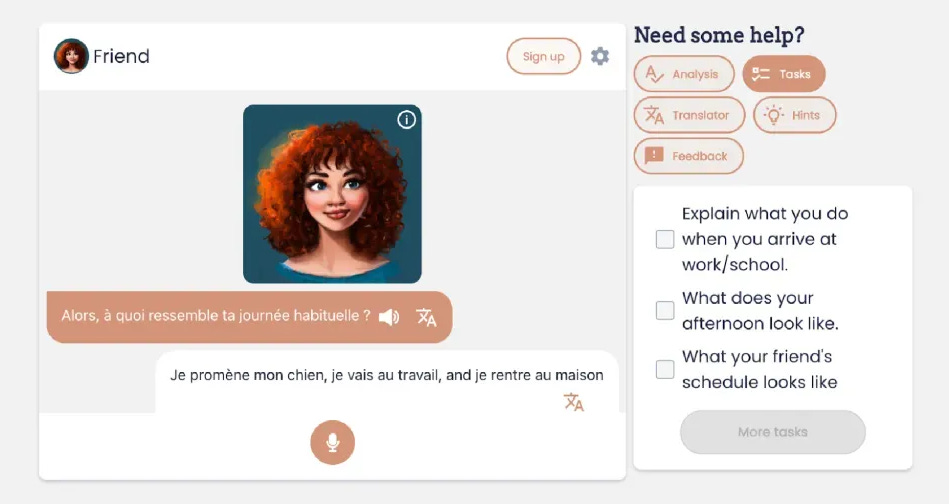Connie Chan (a16z): How Gen AI Will Reshape How We Learn, Connect, Shop, and Create
A conversation about generative AI's impact on our everyday lives
Dear subscribers,
How will generative AI reshape how we learn, connect, shop, and create?
Connie Chan is a General Partner at Andreessen Horowitz (a16z) where she focuses on consumer tech. I spoke to Connie about how generative AI will change our everyday lives in:
Education
Relationships
Shopping
Creation
Let’s dive in.
Education

Welcome Connie! Let’s start with education - how will generative AI will reshape how we learn?
I think it will give everyone a personal tutor in their pocket. AI enables:
1:1 tutoring at scale. Studies show that students who get 1:1 attention perform better than those in traditional classrooms. AI will make 1:1 tutoring accessible.
Rapid feedback loops. Students will be able to get instant feedback on their work instead of waiting days for graded assignments.
Immersive learning experiences. Students will be able to learn from famous figures directly (e.g., Hello History lets people have AI conversations with Cleopatra, Einstein, and other figures from history).
That’s amazing. I think my daughter will definitely enjoy learning more from a Disney princess than from me.
Ha! Some online education platforms already combine animated characters with live instruction. My daughter uses one that teaches concepts through cartoons before transitioning to a live teacher call for problem solving. AI will accelerate this trend.
How can teachers adjust for this new reality?
We’re in a transition period. Some schools have banned ChatGPT while others are carefully incorporating these tools into their classes. I think two things will be true:
Students will find a way. Trying to prevent students from using this new tech is a losing battle.
Teachers will still matter. In-person classes offer social development benefits that computer screens can't replace. Ideally, AI will let teachers automate routine tasks like grading so they can focus on inspiring and coaching students.
I hope both teachers and students can keep an open mind about how this new tech can help us educate the next generation.



